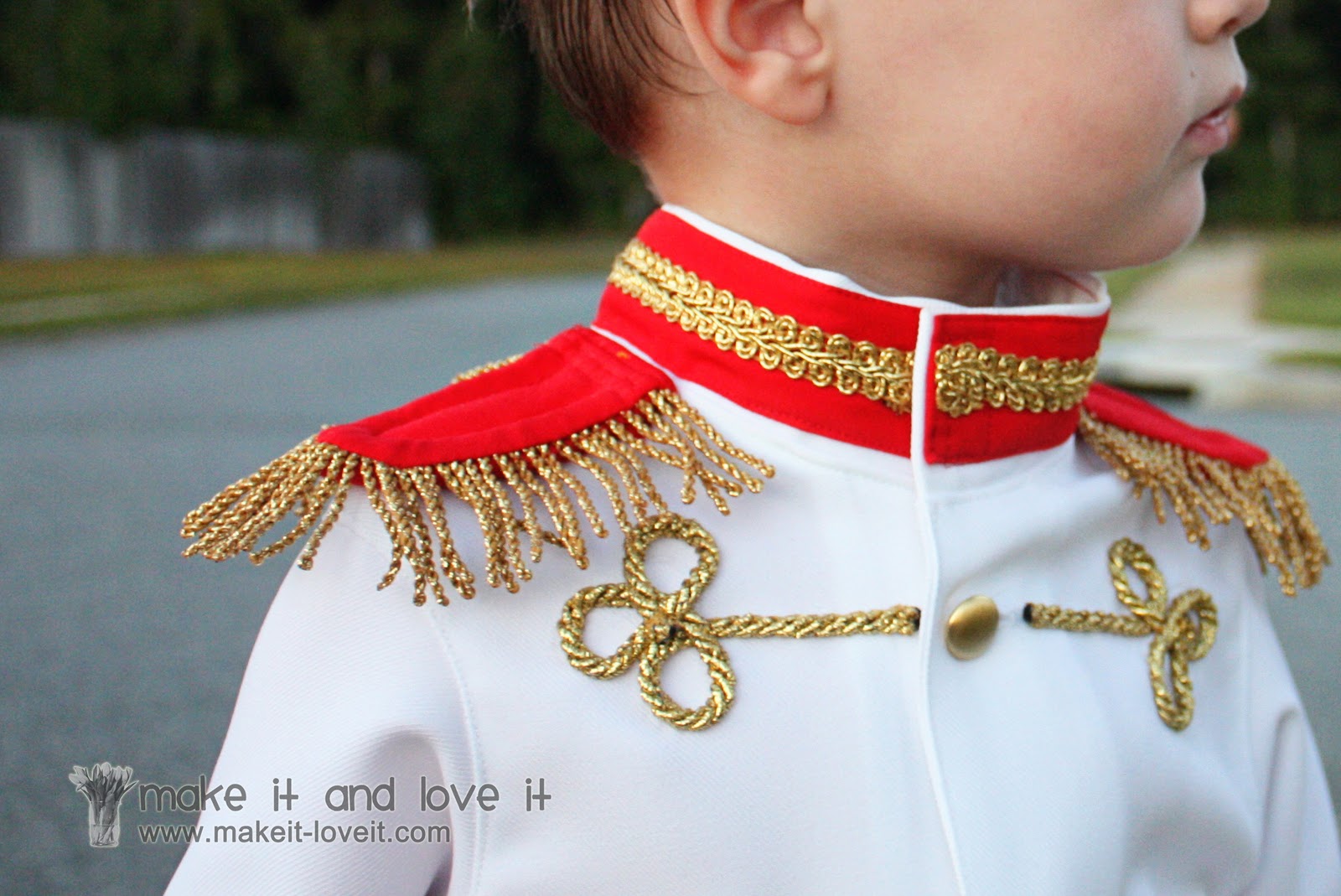Bystander Behavior & the Prince Charming Complex
For many of us, the first heroes we encounter in our lives are from the world of fairy tales and myths. In many of these stories, some sort of prince rescues a princess from a coma, tower, witch, or uncommonly cruel step-siblings. In these tales, these princes see someone in danger or distress, and then take responsibility for rescuing them. I oftentimes wonder, "Are we teaching people to run around rescuing princesses, or are we training people to do the work of creating a better world?"
Last week, I watched a fascinating Ted Talk "How movies teach manhood," in which Collin Stokes calls upon "The Wizard of Oz," one of the greatest movies of all time and an exemplar of the Hero's Journey, to illustrate the problems of what I will refer to as the "Prince Charming Complex."
Stokes observes that the hero oftentimes rescues a weaker person, who is oftentimes one of the movie's scarce women. In these movies, the "Prince Charming Complex" subtly perpetuates ideas that people in power and privilege, oftentimes white males, have a responsibility to rescue disadvantaged and oppressed peoples, rather than empowering them and collaborating with them to create a better world.
However, in the "Wizard of Oz," the heroine ("Dorothy") demonstrates real courage and leadership by bringing disparate people together and empowering them to work for the common good. In fact, her greatest strengths may be her compassion and ability to connect with others in a meaningful way. (Dare I say, "Social excellence?"
The problem, as Stokes points out, is that most media and movies portray the hero as a powerful rescuer, which reinforces stereotypical notions of masculinity and privilege, signifying heroism as a moment of triumph to be rewarded, rather than a lifetime of leadership, purpose, and service.
These stereotypical ideas of heroes as powerful rescuers could not be further from the truth, nor from the origins and roots of heroism. These roots are reflected in "The Hero with a Thousand Faces" by Joseph Campbell, whose work predates many of the modern, media-driven definitions of "hero."
From Gilgamesh to Mahatma Gandhi, and from the Dark Knight to Dr. Martin Luther King, Jr., heroes have been those extraordinary people who have challenged the status quo by dedicating their lives in service for the common good, despite any doubts or fears or obstacles those heroes may have faced.
Is Batman a hero because he rescued one person one night, or is he a hero because he dedicated his life to justice? Is the fire fighter a hero because she fought one fire one night, or because she dedicated her life to serving others?
Consider the criteria provided by Zeno Franco and Philip Zimbardo, via "The Banality of Heroism."
- Quest, or a deep commitment to a cause;
- Risk, or some form of actual or anticipated sacrifice or risk;
- Active/Passive, either an active intervention or a passive resistance; and
- One Time/Over Time, a sudden, one time act, or something that persists over a longer period of time.
I have a Google Alert that sends me a daily digest of all of the news stories that use the word, "hero." Many of these stories reference everyday people who risk or even sacrifice their lives to save others, and those amazing, incredible people definitely deserve the title of "hero," whether they accept it or not.
But, despite these incredible feats of courage and personal strength, is that the goal we want to set for our children, our colleagues, our neighbors, our students, and our world? To wait for a moment? To wait for their princess in a tower? Or do we want to train them to do the work to create a better world?
Each and every day, we have an opportunity to be our best and to serve others. We can be heroes.





